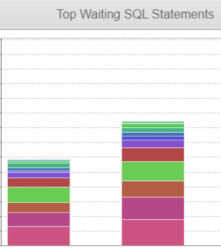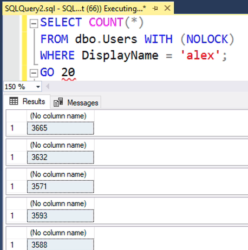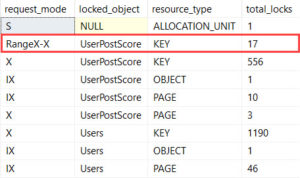Troubleshooting Mysterious Blocking Caused By sp_getapplock
9 Comments
I’m kinda weird. I get excited when I’m troubleshooting a SQL Server problem, and I keep hitting walls. I’ll give you an example. A client came to me because they were struggling with sporadic performance problems in Azure SQL DB, and nothing seemed to make sense: sp_BlitzFirst @SinceStartup = 1 showed very clearly that their…
Read More
















